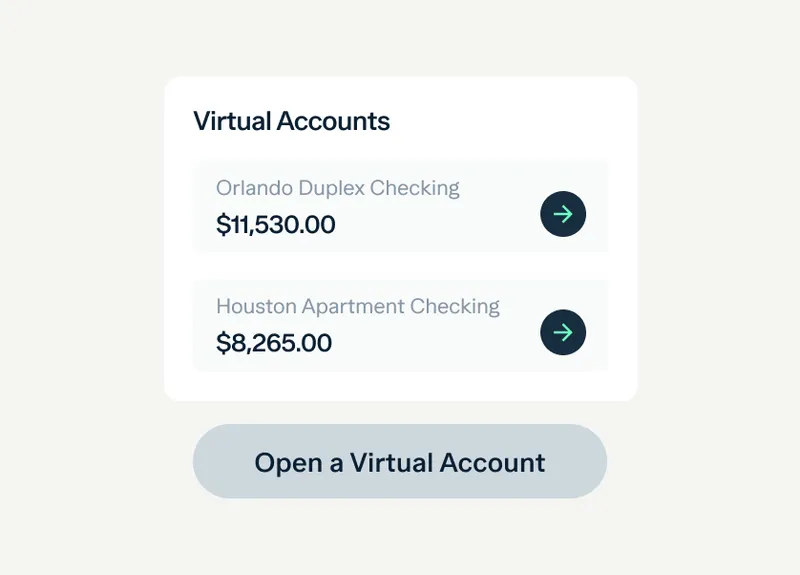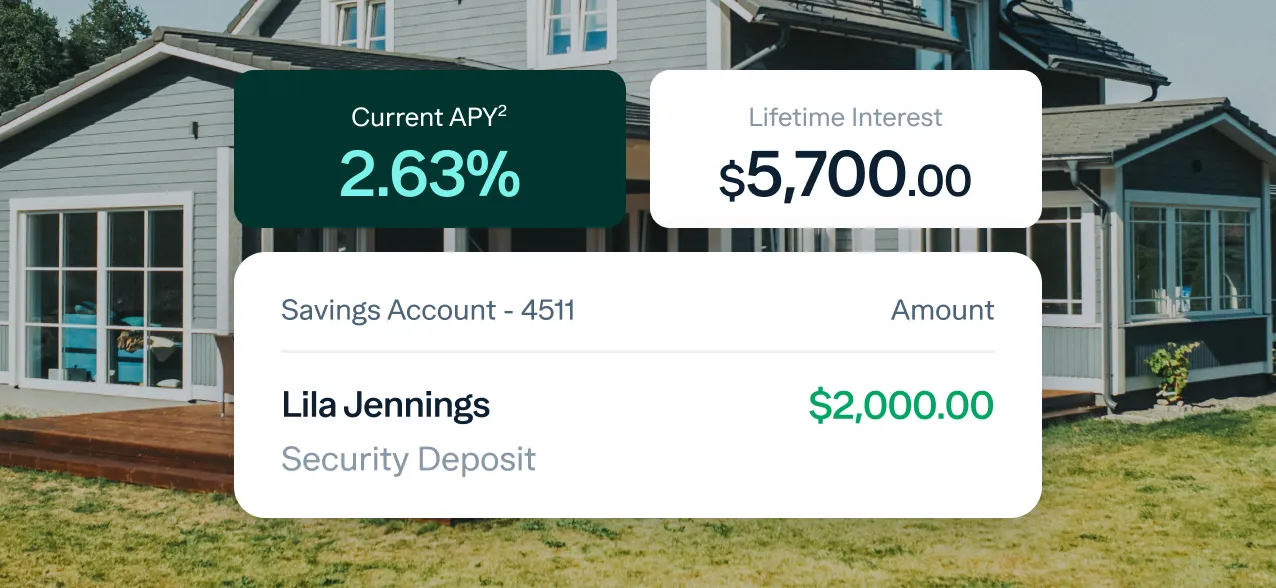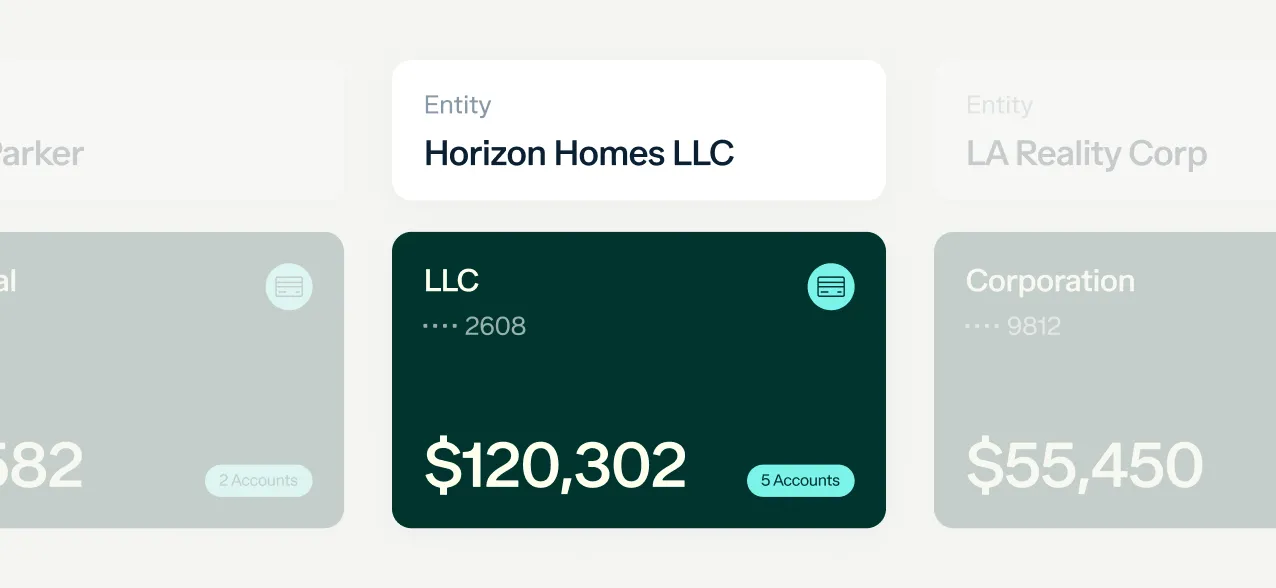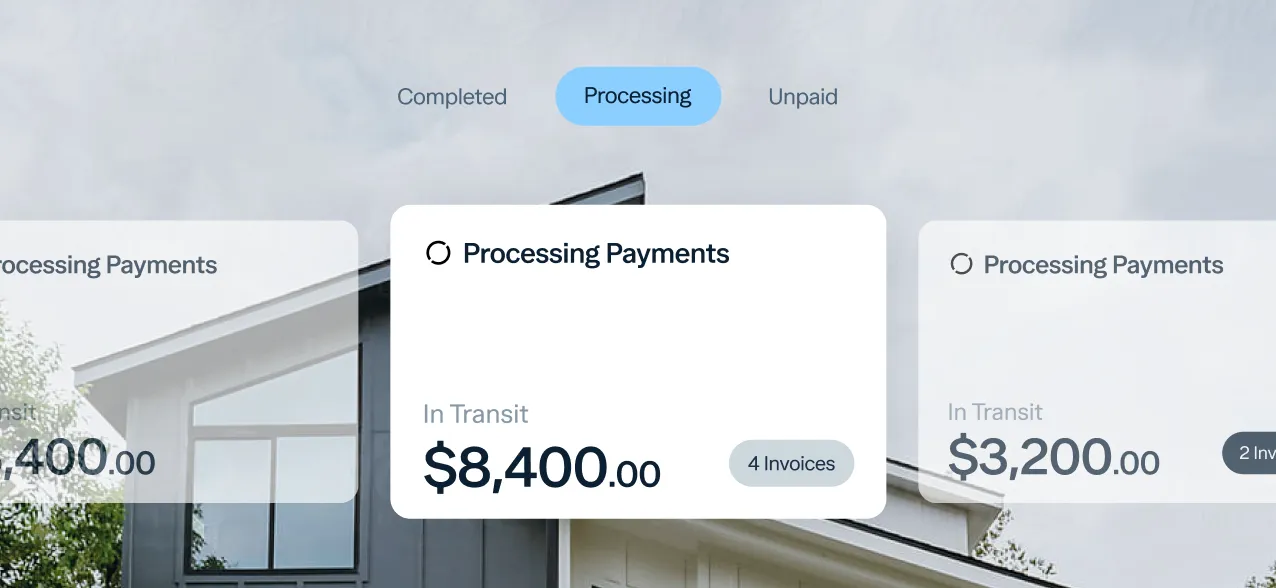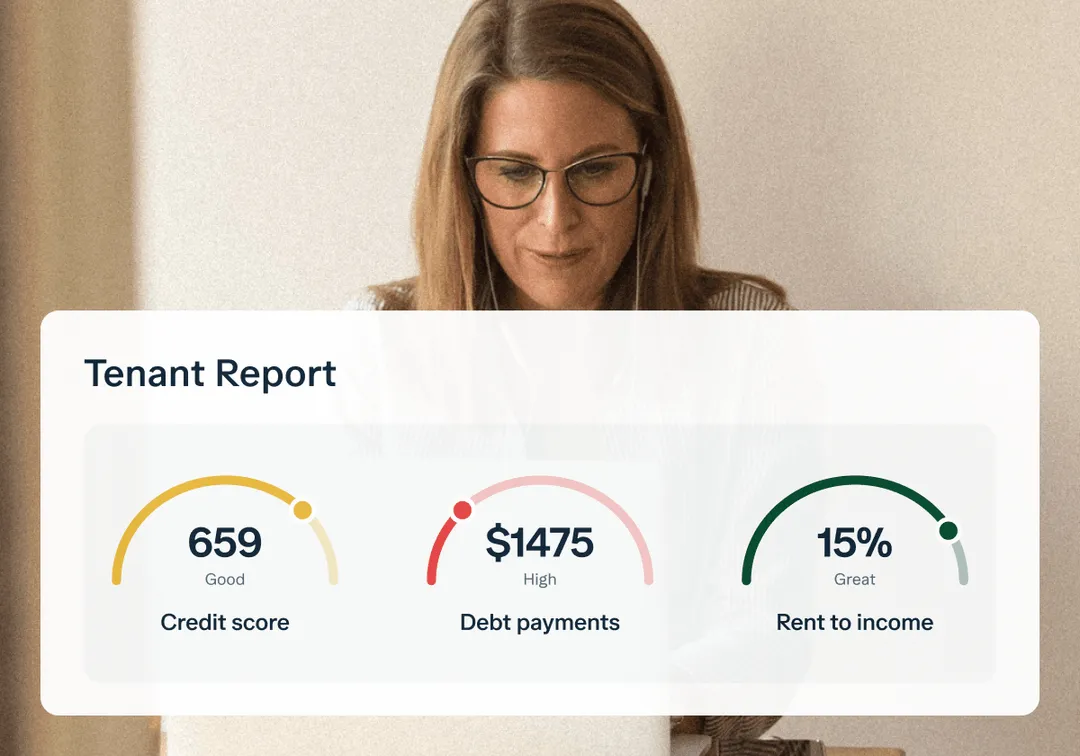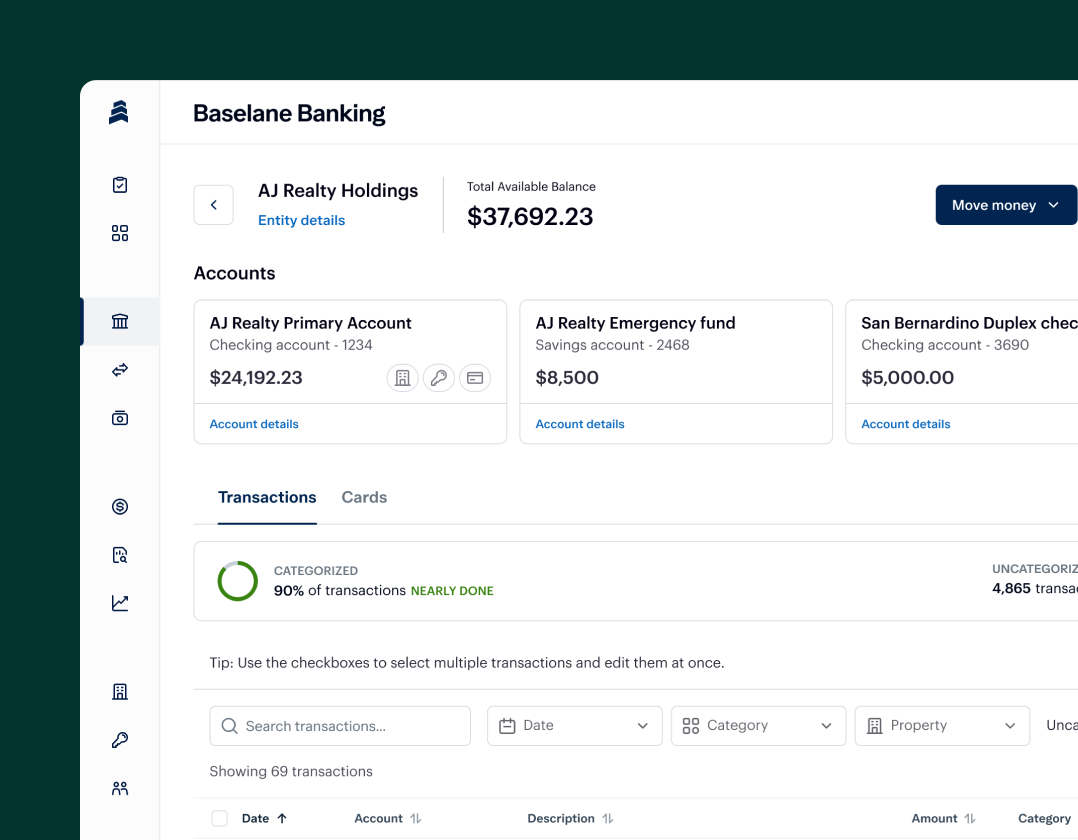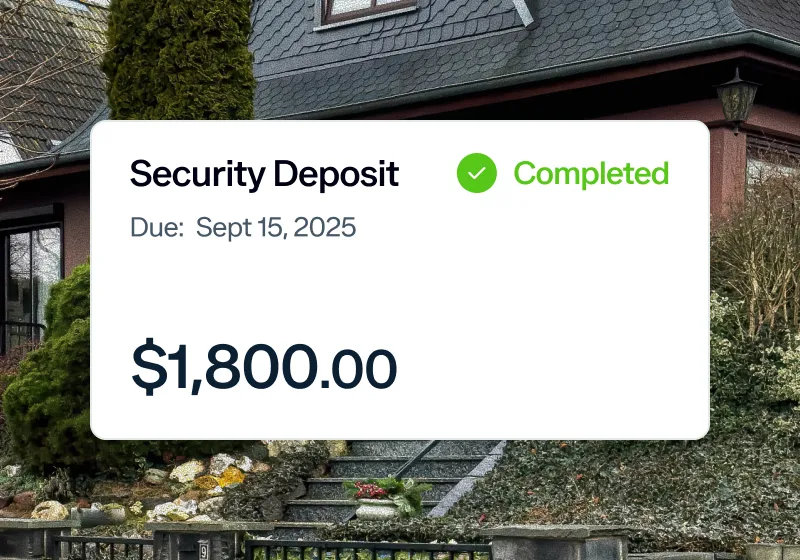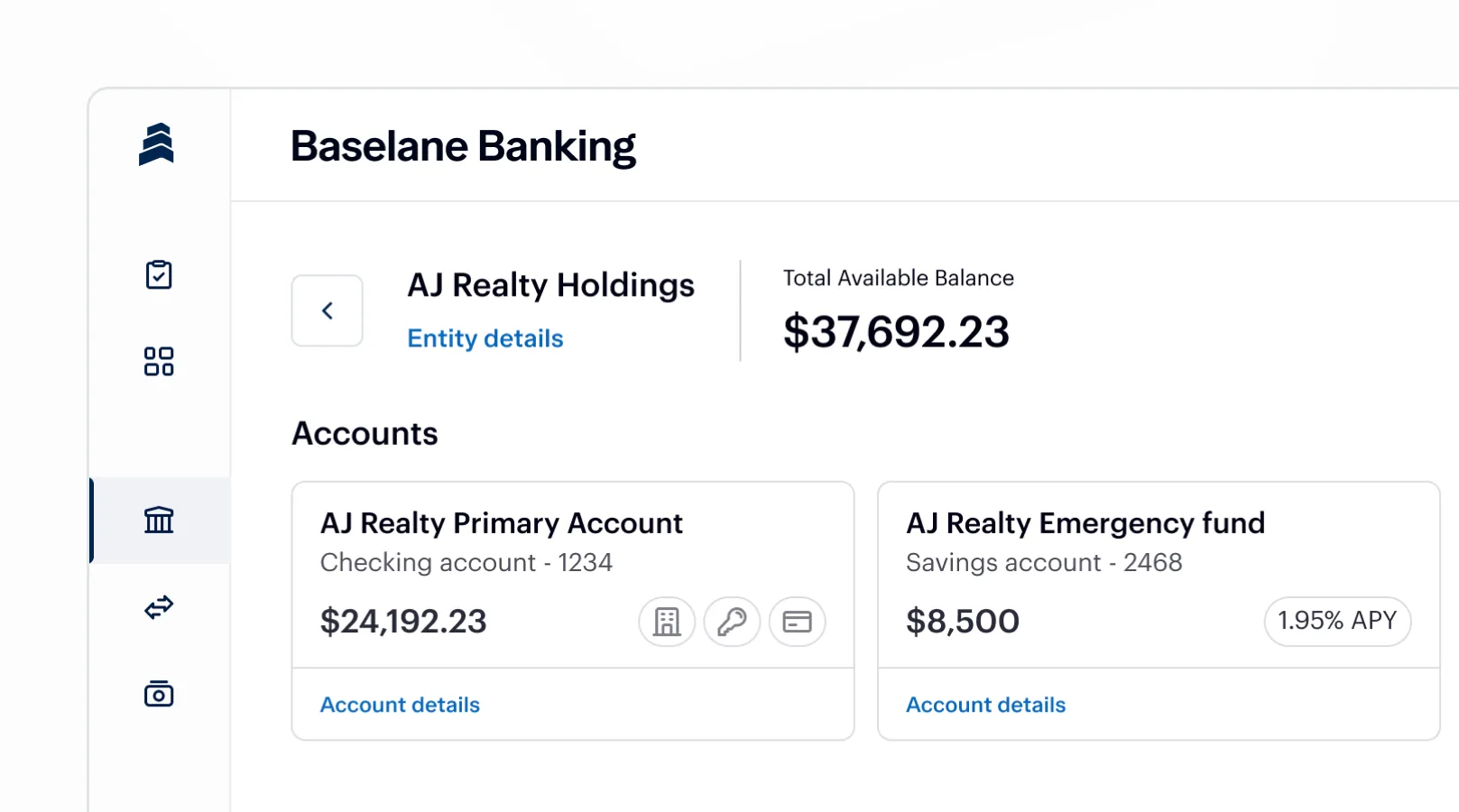In Mississippi, no legal limit applies.
Security deposit rules in {{ state }}
Limit: In Mississippi, there is no statutory limit on how much a landlord can charge for a tenant security deposit. Most landlords typically collect an amount equal to one month’s rent, though the tenant deposit can vary depending on credit history, rental background, or risk factors such as pets. The total deposit amount must be clearly stated in the lease agreement, and using a security deposit bank account in Mississippi is recommended to maintain transparency and protect tenant funds.
Return Deadline: The landlord must return the tenant security deposit, along with an itemized list of deductions, within 45 days after the tenant vacates the rental property and provides a forwarding address. If the landlord fails to return the tenant deposit or provide proper documentation within this timeframe, they may forfeit any right to retain the funds and could be liable for damages.
Acceptable Deductions: The tenant security deposit may be applied toward unpaid rent, late fees, damage beyond normal wear and tear, cleaning costs, and other expenses necessary to restore the property to its original condition. The landlord must provide an itemized written statement with receipts or estimates supporting all deductions from the tenant deposit.
Where to Deposit: Mississippi law does not require landlords to hold tenant security deposits in a separate or interest-bearing account. However, it is considered best practice to maintain a security deposit escrow account in Mississippi or a landlord tenant security deposit bank account in Mississippi. Doing so helps prevent commingling with personal or business funds and provides a clear financial trail for both landlords and tenants. While no specific security deposit interest rate applies, keeping deposits in a dedicated account ensures professional and transparent management of tenant funds.














